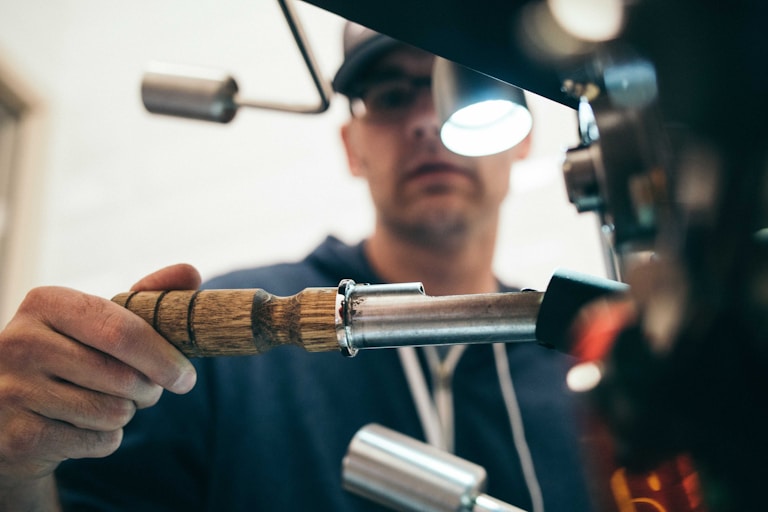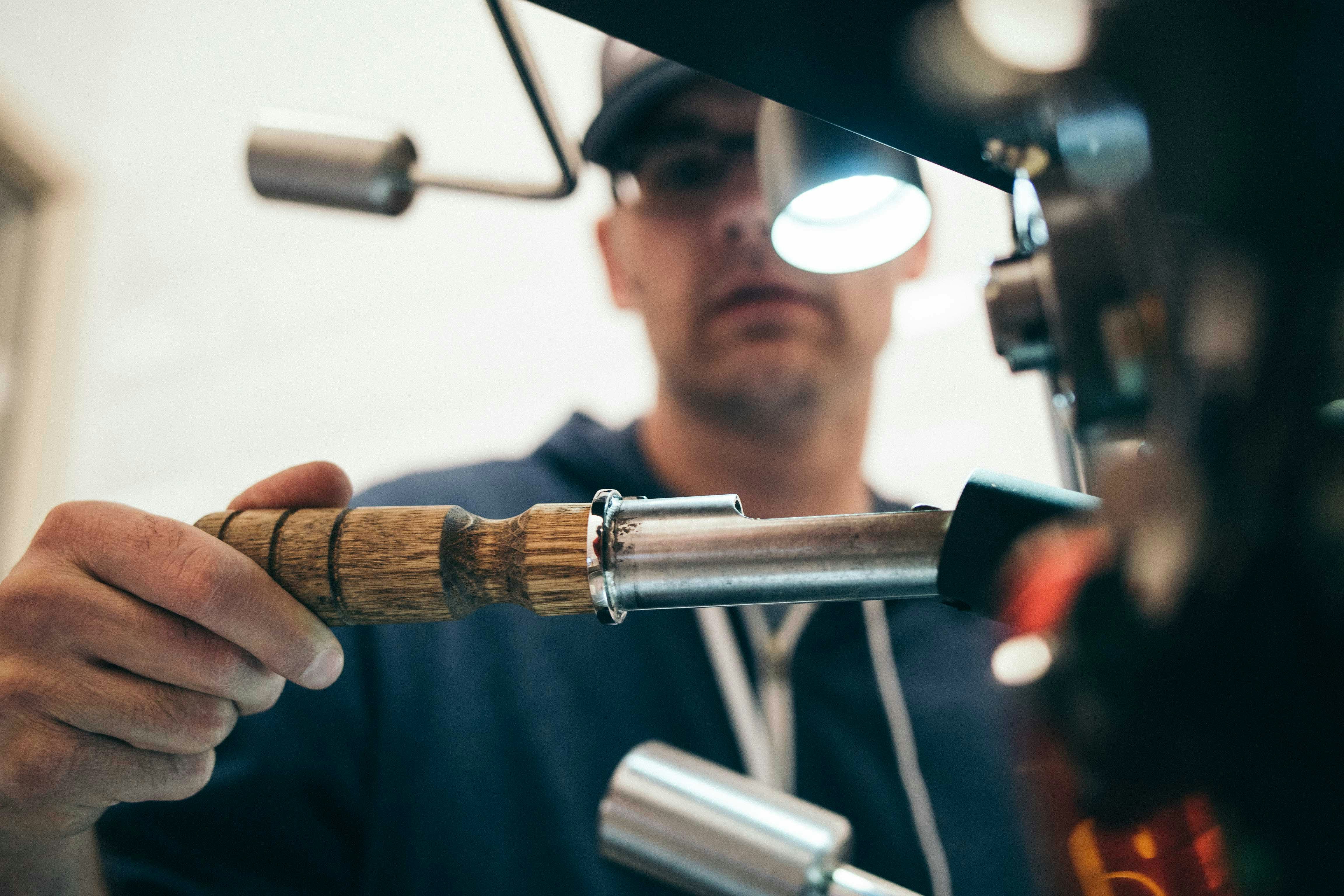
Washington's Motor Vehicle Warranty Act: Protection Against Vehicle Defects
Washington State's Motor Vehicle Warranty Act, commonly called the Washington lemon law, provides important consumer protections for buyers and lessees of new vehicles that suffer from substantial defects. If you've purchased or leased a vehicle in Washington that has recurring problems despite repair attempts, you may have rights under this comprehensive consumer protection law.
Washington's lemon law recognizes that consumers deserve reliable vehicles that meet reasonable expectations for safety, performance, and value. When manufacturers deliver defective vehicles that cannot be properly repaired, the law provides remedies to ensure consumers aren't stuck with expensive problems they didn't cause.
Understanding Vehicle Defects Under Washington Law
Washington's lemon law covers various types of vehicle defects that can substantially impair a vehicle's use, value, or safety. The law takes a consumer-friendly approach, recognizing that modern vehicles are complex machines where even seemingly minor defects can cause major problems.
Mechanical Defects: Problems with engines, transmissions, brakes, steering systems, or other mechanical components that affect vehicle performance, safety, or reliability. These issues often require multiple repair attempts and can leave vehicles inoperable for extended periods.
Electrical and Electronic Issues: Defects in computerized systems, control modules, wiring harnesses, or electronic components that cause various symptoms or prevent proper vehicle operation. Modern vehicles rely heavily on electronics, making these problems particularly disruptive.
Safety System Failures: Problems with airbags, seatbelts, anti-lock brakes, stability control, or other safety equipment that could increase accident risk or reduce occupant protection in crashes.
Body and Structural Problems: Defects in frames, body panels, doors, windows, seals, or other structural components that affect vehicle integrity, security, weatherproofing, or appearance.
Climate Control Defects: Issues with heating, air conditioning, or ventilation systems that significantly impact vehicle comfort and usability, especially important in Washington's varied climate conditions.
Washington Lemon Law Requirements
To qualify for protection under Washington's Motor Vehicle Warranty Act, several conditions must be met:
New Vehicle Coverage: The law covers new motor vehicles purchased or leased in Washington from authorized dealers, including cars, trucks, motorcycles, and recreational vehicles.
Warranty Period: The defect must be covered by the manufacturer's express warranty and must have been reported during the warranty period or within one year of delivery, whichever is earlier.
Substantial Impairment: The defect must substantially impair the vehicle's use, value, or safety. Washington courts interpret this standard broadly to protect consumers from various types of problems.
Reasonable Repair Opportunities: You must provide the manufacturer or authorized dealer reasonable opportunities to repair the defect before seeking lemon law remedies.
Proper Documentation: Maintaining detailed records of problems and repair attempts is crucial for establishing your claim under Washington law.
Repair Attempt Standards in Washington
Washington law requires consumers to allow manufacturers reasonable opportunities to fix defective vehicles:
Multiple Repair Attempts: Generally, you must allow at least four repair attempts for the same substantial defect during the warranty period.
Safety-Related Issues: For defects that could cause death or serious bodily injury, fewer repair attempts may be required before qualifying for lemon law relief.
Out-of-Service Time: If your vehicle has been out of service for warranty repairs for 30 or more business days (not necessarily consecutive), it may qualify for lemon law remedies even without multiple repair attempts for the same specific problem.
Final Repair Opportunity: After meeting the basic requirements, you must provide written notice to the manufacturer and allow one final repair attempt before pursuing legal remedies.
Available Remedies Under Washington Law
If your vehicle qualifies as a lemon under Washington law, you have options for relief:
Replacement Vehicle: The manufacturer must provide a comparable new vehicle of the same make and model, or if unavailable, a reasonably equivalent vehicle. If you choose a vehicle that costs more, you pay the difference; if less, the manufacturer refunds the difference.
Full Refund: Instead of replacement, you may choose a complete refund including the purchase price, finance charges, sales tax, license fees, registration costs, and other official fees paid. The manufacturer may deduct a reasonable allowance for your use before the first repair attempt.
Incidental Costs: Washington law provides for reimbursement of reasonable incidental and consequential damages, including towing costs, rental vehicle expenses, lodging, meals, and telephone charges related to the defect.
Washington's Consumer-Friendly Approach
Washington's lemon law includes several provisions that favor consumers:
Broad Defect Coverage: Washington courts interpret "substantial impairment" broadly, potentially covering defects that might not qualify in other states, including issues affecting comfort, convenience, or resale value.
Reasonable Interpretation: Legal requirements are generally interpreted in favor of consumers, recognizing the power imbalance between individual buyers and large manufacturers.
Attorney Fee Provisions: In successful lemon law cases, manufacturers may be required to pay reasonable attorney's fees and costs, making it financially feasible for consumers to pursue legitimate claims.
Arbitration Protections: While manufacturers may require arbitration, Washington law ensures that arbitration decisions unfavorable to consumers don't prevent them from pursuing court remedies.
The Importance of Documentation
Success in Washington lemon law cases depends heavily on proper documentation:
Keep detailed records of every problem, including when issues occur, how they affect vehicle operation, and any safety concerns. Document every repair attempt with dates, descriptions of work performed, parts replaced, and the amount of time spent in service.
Save all paperwork including purchase agreements, warranties, repair orders, invoices, and correspondence with dealers or manufacturers. Take photos of visible defects or damage when possible.
Maintain a chronological log of events, including conversations with dealer personnel, manufacturer representatives, and any promises made regarding repairs or resolution.
Professional Legal Assistance
Washington's lemon law can be complex, with specific procedures and deadlines that must be followed exactly. Manufacturers have experienced legal teams dedicated to minimizing their liability, making professional representation valuable for consumers.
Experienced lemon law attorneys understand Washington's specific requirements, know how to properly document cases, and can navigate the arbitration and litigation processes effectively. They're familiar with manufacturer tactics and can develop strategies to protect your interests throughout the process.
Taking Action to Protect Your Rights
If you believe your vehicle may qualify for lemon law protection in Washington:
Act promptly when problems develop. Keep detailed records from the beginning, as documentation created during the process is more credible than records compiled later.
Always use authorized dealers for warranty repairs and follow manufacturer procedures exactly. Unauthorized repairs can give manufacturers grounds to deny warranty coverage.
Don't accept indefinite delays or excuses from dealers or manufacturers. If problems persist after reasonable repair attempts, consult with experienced lemon law attorneys to understand your options.
Be aware of time limits and deadlines in Washington law. Failing to act within required timeframes can result in losing your rights under the lemon law.
Frequently Asked Questions
What vehicles are covered by Washington's lemon law?
Washington's Motor Vehicle Warranty Act covers new cars, trucks, motorcycles, and recreational vehicles purchased or leased in Washington from authorized dealers, as long as they're covered by manufacturer warranty.
How many repair attempts are required in Washington?
Generally, you must allow at least four repair attempts for the same substantial defect, or fewer attempts for safety-related issues, or 30+ business days out of service for warranty repairs.
What constitutes substantial impairment in Washington?
Washington courts interpret this broadly to include defects that significantly affect the vehicle's use, value, or safety, including problems with performance, comfort, convenience, or resale value.
Can I recover attorney fees in a Washington lemon law case?
Yes, in successful lemon law cases, manufacturers may be required to pay reasonable attorney's fees and costs, making it financially feasible to pursue legitimate claims.
Browse Articles for "Vehicle Defects" in Washington:
Start Your FREE Consultation
Complete the form for a Free Consultation. No upfront fees, swift action, and we’re only paid when we succeed for you.
Ask Us If You Qualify
We’re here to help you take on your fight—whether it’s a car accident, a dangerous drug, or a workplace injury gone wrong. One call starts it all, and we’re with you every step, no upfront cost required.
- Free Case Review
- No Fees Until Victory
- Millions Recovered
- Personal Strategy
- California Coverage
- Relentless Case Pursuit

